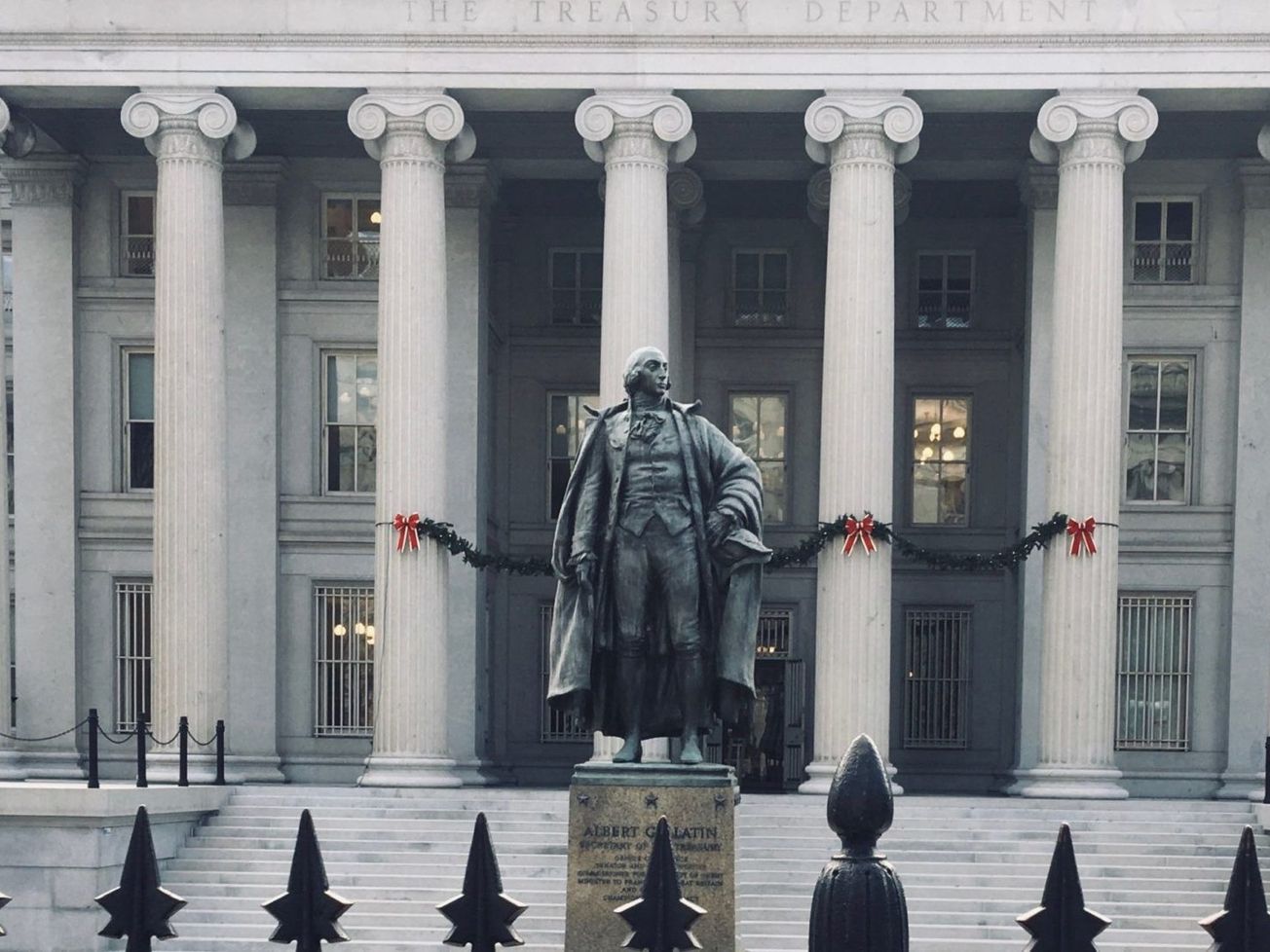WASHINGTON (AN) — Finance chiefs from the Group of Seven rich democracies vowed to take action to safeguard their economies from the spreading coronavirus outbreak but did not offer specifics on Tuesday about what they might be prepared to do.
In a half-hour telephone call led by U.S. Treasury Secretary Steven Mnuchin and Federal Reserve Chair Jerome Powell, G-7 finance ministers and central bank governors agreed to use whatever policy tools they have at their disposal to prevent more economic disruption to financial markets and supply chains.








